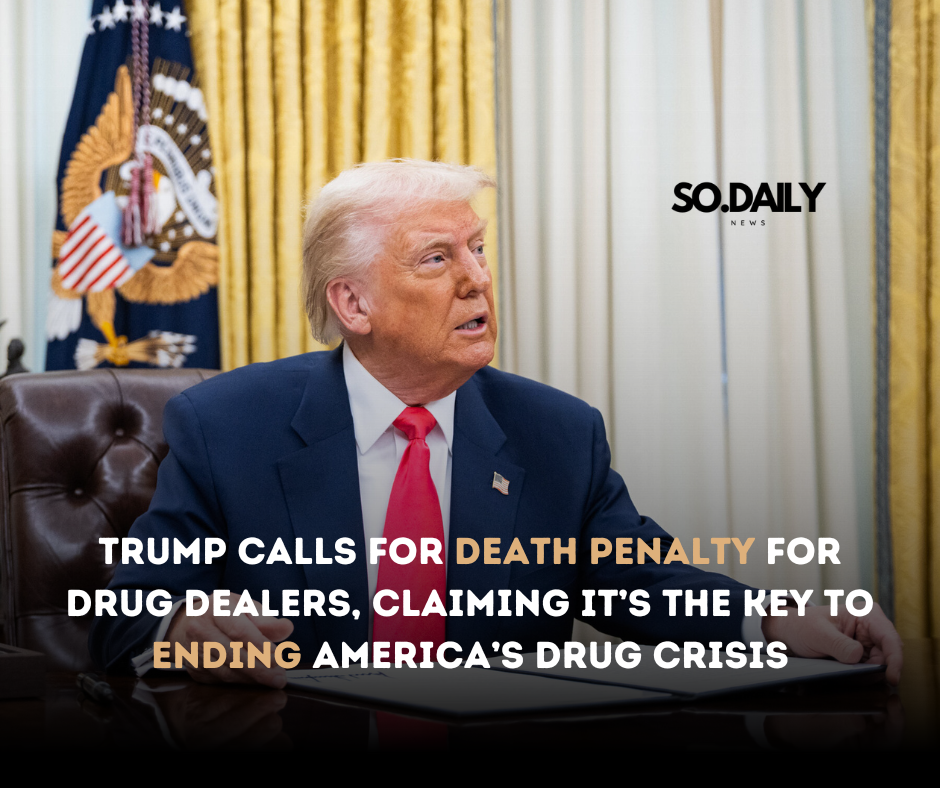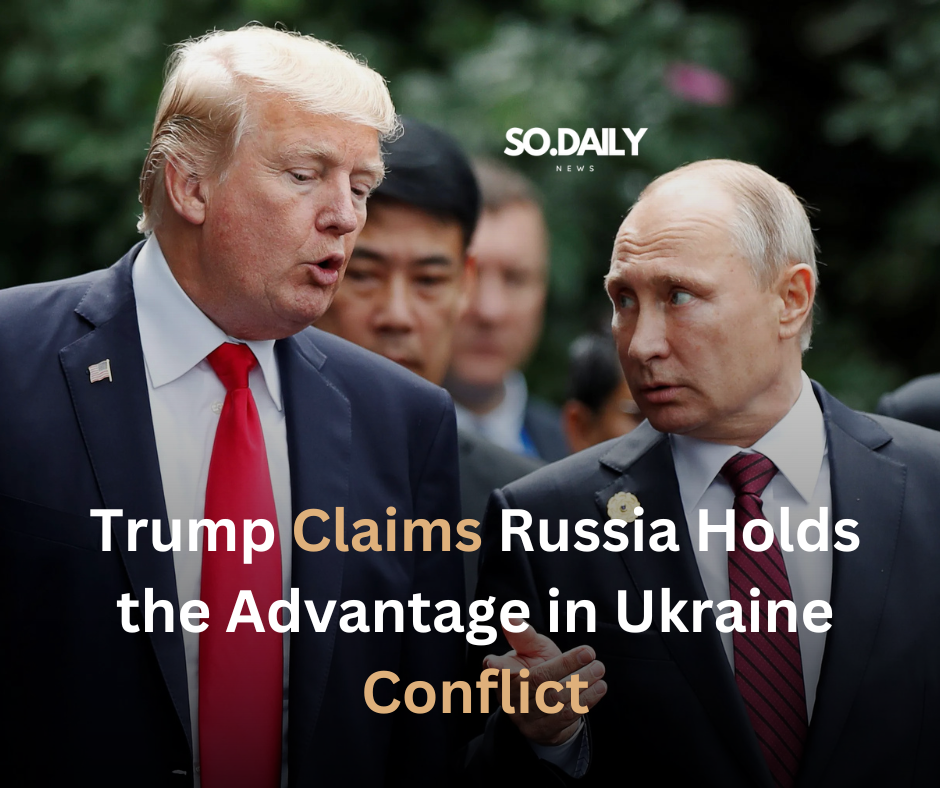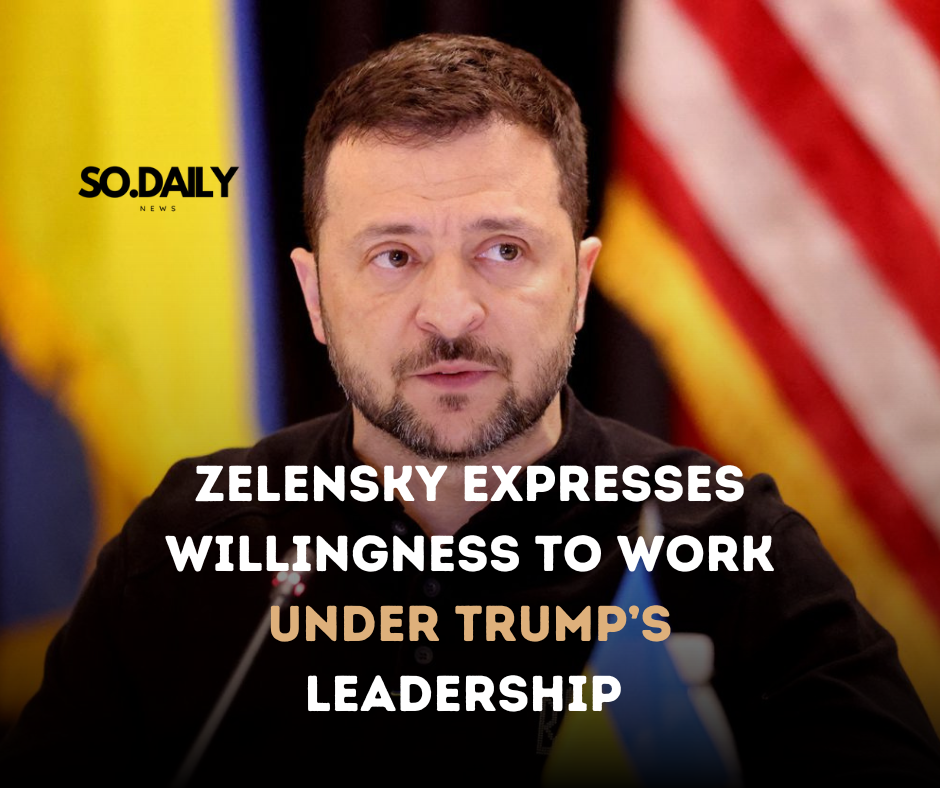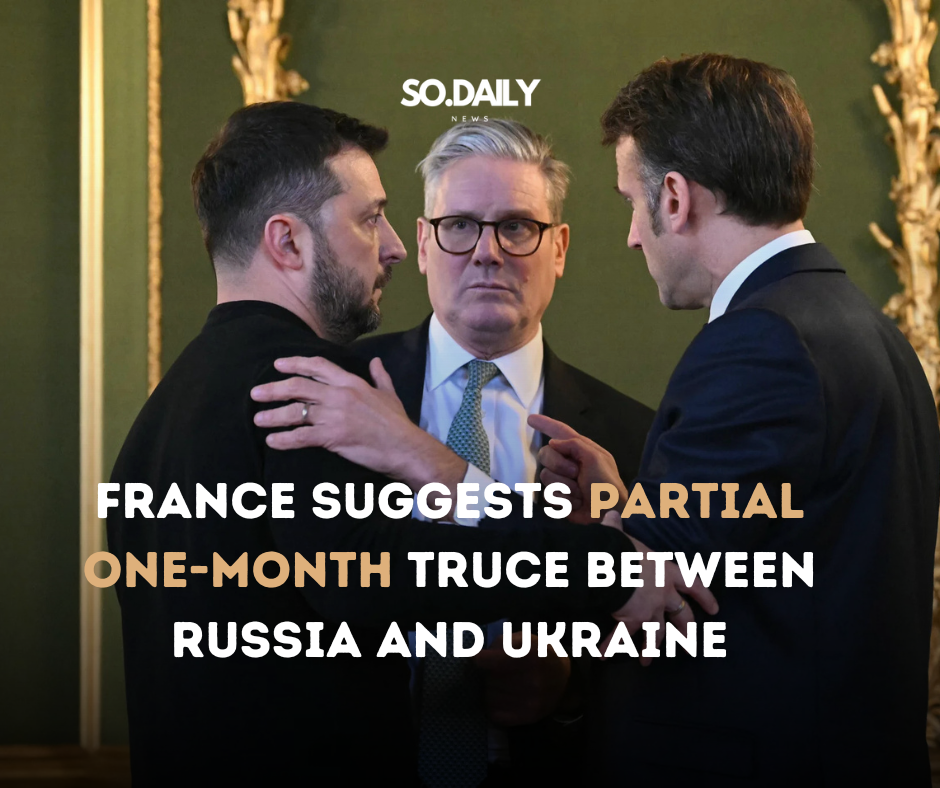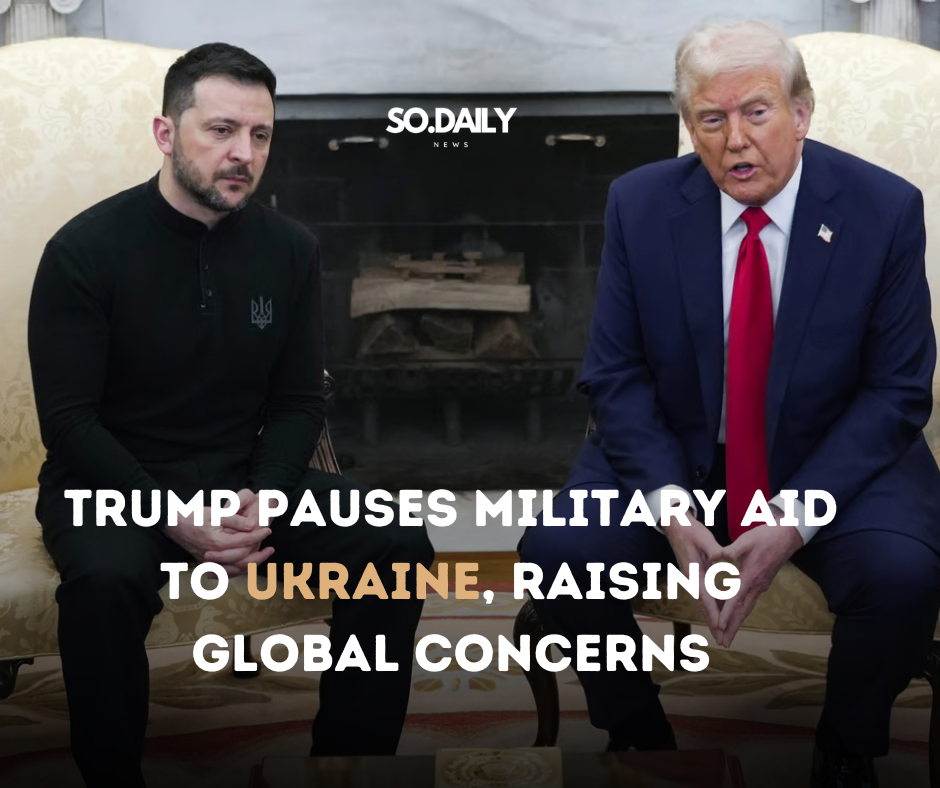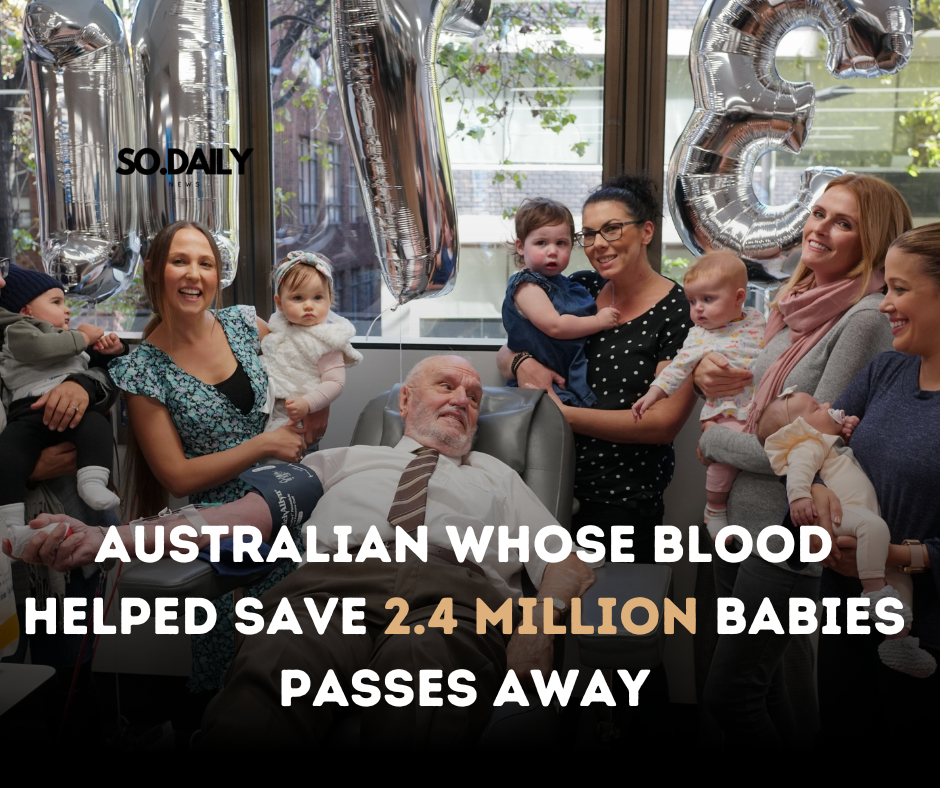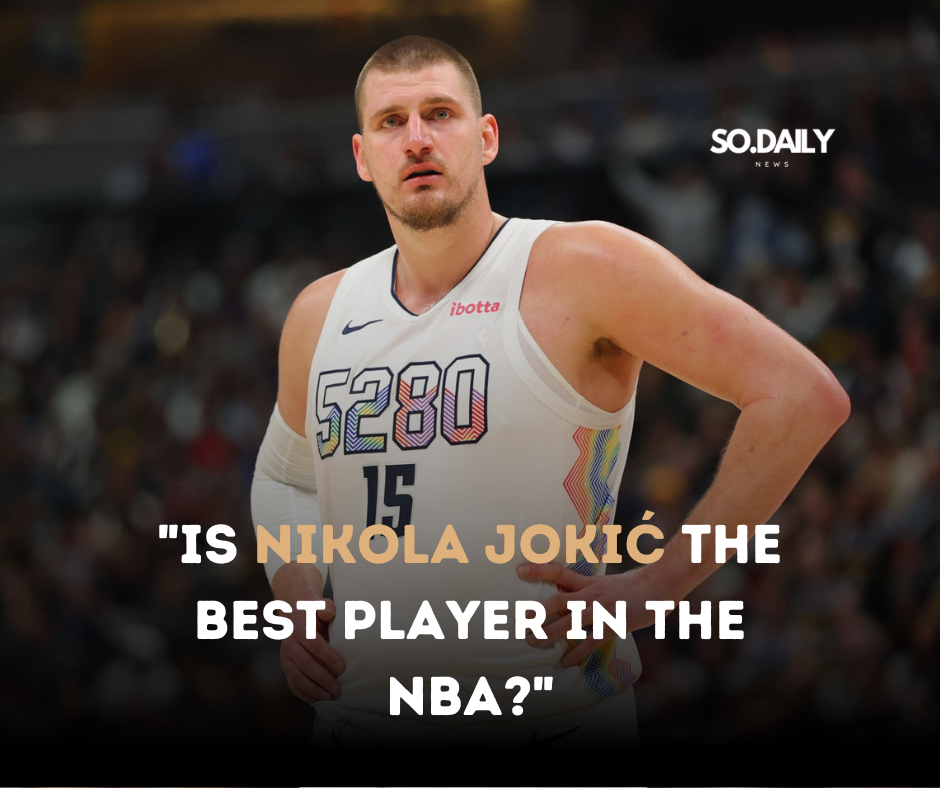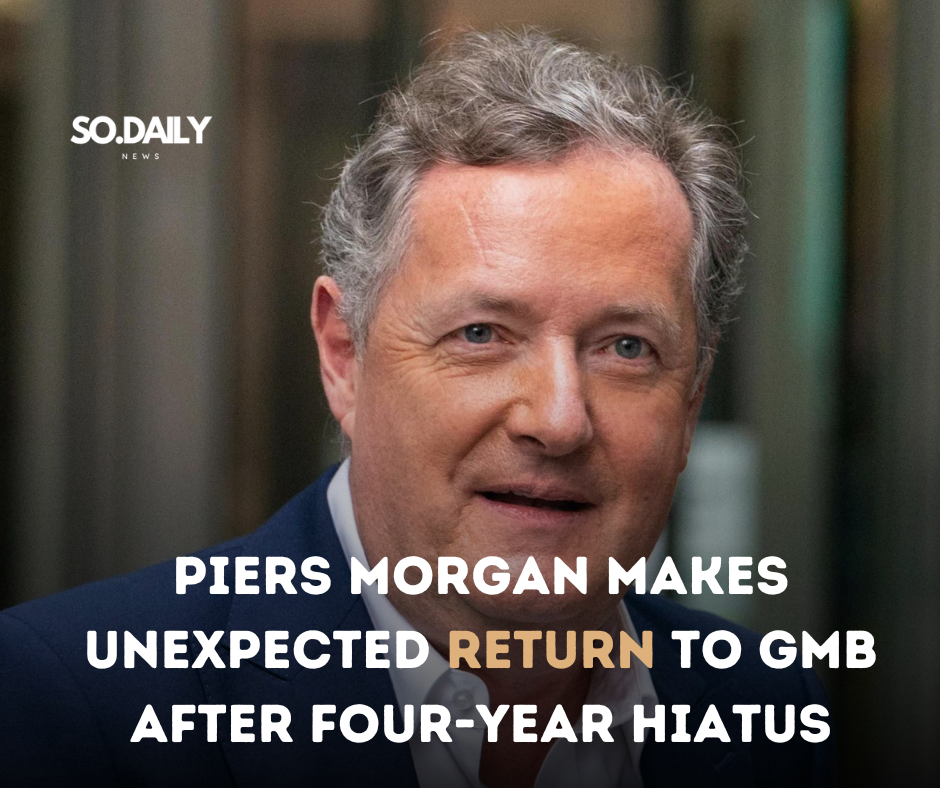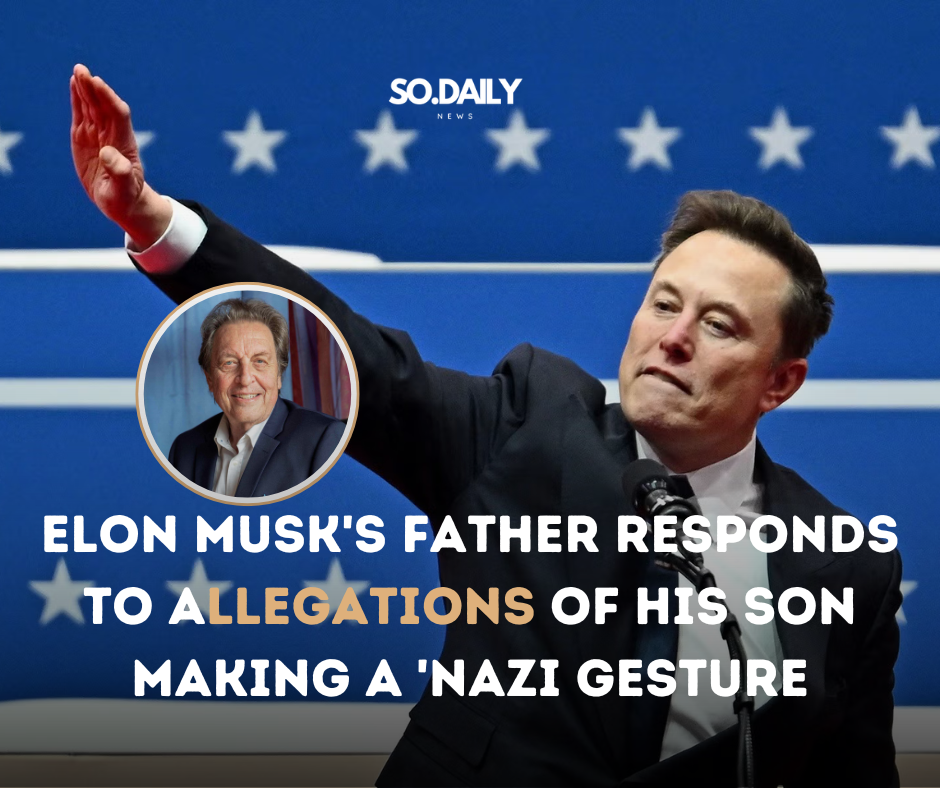James Harrison, affectionately known as the “Man with the Golden Arm,” passed away peacefully on February 17, 2025, at the age of 88. Harrison’s extraordinary dedication to blood donation over the course of six decades saved the lives of more than 2.4 million Australian babies. His passing marks the end of an era of generosity that left an indelible mark on the Australian healthcare system and saved countless lives.
A Lifesaving Legacy
Born on December 27, 1936, in Junee, New South Wales, James Harrison’s life took a turn when he was diagnosed with a serious condition that required a blood transfusion at the age of 14. It was during this time that he became acutely aware of the power of blood donation. Motivated by the life-saving nature of the transfusions he received, Harrison made a commitment to donate blood regularly, starting at the age of 18. Little did he know that his rare blood would eventually save millions of lives.
In the early 1950s, researchers discovered that Harrison’s blood contained a rare and highly valuable antibody called Anti-D. This antibody was crucial in preventing hemolytic disease of the fetus and newborn (HDFN), a condition where a mother’s immune system attacks the red blood cells of her unborn child, leading to severe complications, including brain damage, heart failure, or even death. For many women, this disease was devastating, leading to countless stillbirths, miscarriages, and neonatal deaths.
Harrison’s blood, rich in Anti-D, became the key ingredient for a life-saving medication used to prevent HDFN in pregnant women. This medication, when given to at-risk mothers, could prevent their bodies from attacking their babies’ blood cells, saving both lives in the process. Over the years, Harrison’s blood donations helped create millions of doses of this vital medication, and his contributions became an essential part of Australia’s healthcare strategy.
A Remarkable Record
Harrison made a total of 1,173 blood donations between 1954 and 2018, a record that is unmatched in Australia. His selfless efforts were not only a testament to his generosity but also to his belief in the power of community and the importance of giving without expecting anything in return. The staggering impact of his donations became clear when it was revealed that his plasma saved over 2.4 million babies.
His regular donations, however, came at a personal cost. Harrison never stopped giving, and despite his own health challenges in later years, he continued to donate as long as he was physically able. The Australian Red Cross, which organized his blood donations, described Harrison as one of their most treasured donors, calling him an “Australian hero.”
Recognition and Public Impact
In recognition of his extraordinary contributions, Harrison was awarded the Medal of the Order of Australia in 1999. This honor was a small acknowledgment of the immense difference he had made in the lives of millions. He also received numerous other accolades, including the Australian Red Cross’s prestigious award for blood donation. But for Harrison, the recognition was secondary to the lives he saved.
Harrison’s legacy extended beyond the number of lives he saved. His example became a source of inspiration to many Australians, motivating them to participate in blood donation drives and contribute to saving lives in their own communities. Harrison’s unwavering commitment to helping others was a testament to the power of altruism and kindness, and his impact reached far beyond what most could comprehend.
Family Reflections and Tributes
James Harrison’s family, including his daughter Tracey Mellowship, expressed profound pride in his legacy. Mellowship noted that her father’s work had personally touched their lives, emphasizing that his donations were not just an abstract service to the public, but a way of ensuring that families like theirs could be spared the grief of losing a child to preventable diseases. She reflected on his incredible work ethic and humility, saying that her father was always more concerned with making a difference than receiving any form of recognition.
Harrison’s story also prompted reflection within the broader Australian community. In the wake of his passing, tributes poured in from across the nation, as people shared stories of how his donations had directly impacted them or their loved ones. Many hospitals and healthcare providers paid homage to his monumental contributions, acknowledging that the availability of Anti-D treatment has saved generations of children from preventable harm.
Looking to the Future
James Harrison’s passing represents the end of an era in blood donation, but his impact will be felt for generations to come. The legacy of his contributions continues through the ongoing use of the Anti-D medication, which remains a cornerstone in the prevention of HDFN. His remarkable life serves as a poignant reminder of the incredible difference one person can make, and it challenges us all to think about how we can contribute to our communities in ways that leave lasting legacies.
As the world continues to grapple with global health challenges, the story of James Harrison serves as an inspiration for future generations to continue giving—whether through blood donation or other acts of selflessness. The Man with the Golden Arm will forever be remembered not just for the number of lives he saved, but for the lasting change he brought to Australia and the world.
